Since 1969 and the graduation of Seattle Class 1 – a group of 12 comprised entirely of military veterans – MEDEX Northwest has sought out military veterans to join our ranks, and today is no exception. In recognition of 2023 Veterans Day, we invited current MEDEX students with military backgrounds (who comprise approximately 20% of the MEDEX student body!) to reflect on their paths from military service to that of healthcare and becoming a PA.
Nate Parkinson – Tacoma Class 11
I served for eight years and two months as an active-duty soldier in the U.S. Army. I left the Army at the rank of Sergeant/E-5. I deployed to Baghdad for 13 months between December of 2007 and January of 2009 with 2-30 Light Infantry Battalion out of Fort Polk, Louisiana. I also served in South Korea for two years, one year with the United Nations Command Security Battalion on the DMZ at Camp Bonifas, and another year at Camp Hovey with the 4th and 7th Cavalry Scout Squadron.
The PAs who trained and mentored me in my service were who inspired me to become a Physician Assistant. My eight years as a medic has given me much experience both in trauma care and clinical care. I’ve treated people both in combat situations and in outpatient clinics and my expertise ranges all the way from inserting chest tubes in the field to doing lipoma removals in the clinic. Charting and diagnostic medicines are familiar to me already, albeit at an unrefined level. I look forward to providing medical care to veterans and their families and to giving back to the community that gave me the courage and skills to pursue my dreams.
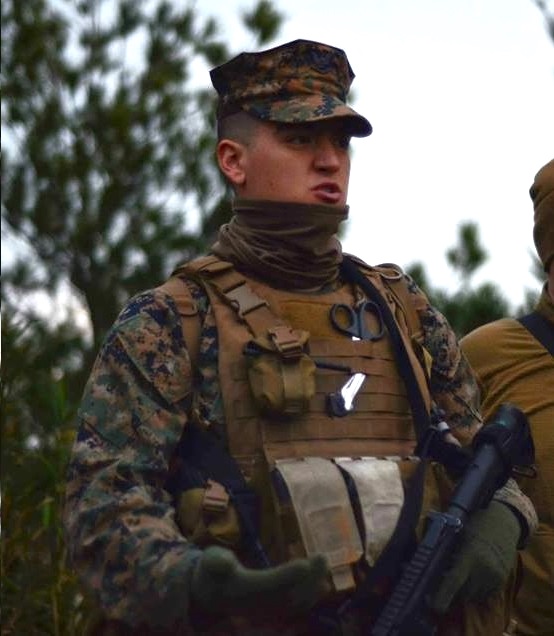
Chris Pruitt – Seattle Class 57
I served HM1 / E-6 in the U.S. Navy for 11 years. I spent four years stationed in Okinawa, Japan. I worked with many great PAs who were extremely knowledgeable and cared not just for the patients, but for the corpsman and the other staff they worked with. I’m looking forward to this next transitionary period in my life (mainly to it being over) and the challenge and fulfillment of meeting and treating patients.
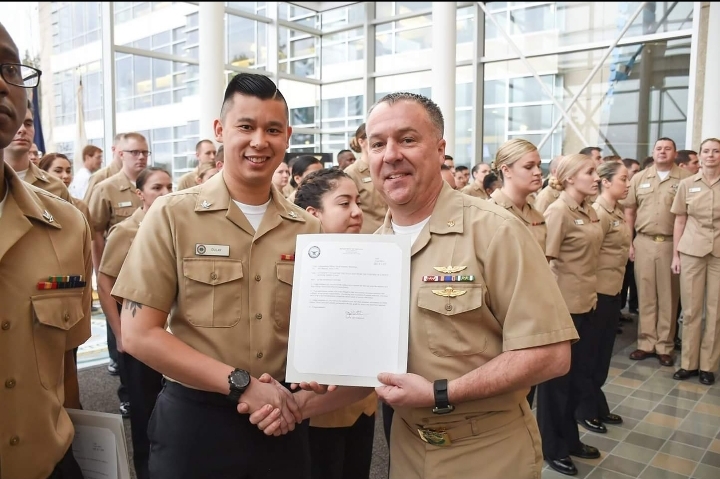
Shaun Dulay – Tacoma Class 10
I’m prior enlisted HM3 Dulay and I did six years in the U.S. Navy. I wanted to start my medical career as a Corpsman to uphold the tradition of being the most decorated rate in the U.S. Navy. This choice helped me jump start my whole medical career and lead my path onto become a PA at UW MEDEX.
When I found out Dr. Eugene Stead Jr., created the first PAs class at Duke University with ex-military corpsman, I knew I had to follow in their footsteps to continue the tradition and work hard to become a PA myself. My choice was solidified when we were conducting a resuscitation on the field and a PA was leading the case. Their leadership and shot calling ability to control the situation at the moment was something I knew I wanted to do as well. I look forward to building trustworthy medical relationships with patients and also passing the knowledge to future PAs in the future and becoming a professor.
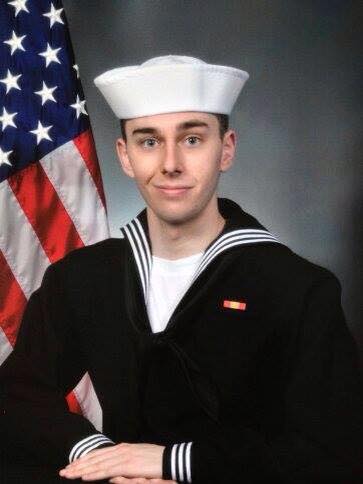
Joseph Boyer – Seattle Class 57
I served in the U.S. Navy, O1 rank, for five years active duty and 1.6 years reserve. I am supported by the Health Services Collegiate Program (HSCP). The most memorable experiences from my time in service was working on the Pediatric Ward at the Navy Medical Center in Portsmouth Virginia and deploying with the USNS Comfort in 2015 for a Humanitarian mission throughout 12 different countries.
I was inspired to become a PA by the team I worked with in the Pediatric Ward, and by my wife. I was awarded the HSCP Navy scholarship which is a full ride scholarship where I am now active duty again and will immediately begin work with the Navy post-graduation/post PANCE exam. I most look forward to having a full scope of practice as a PA, to the fun medical procedures, and to mentoring other Hospital Corpsmen on their journeys through medicine.
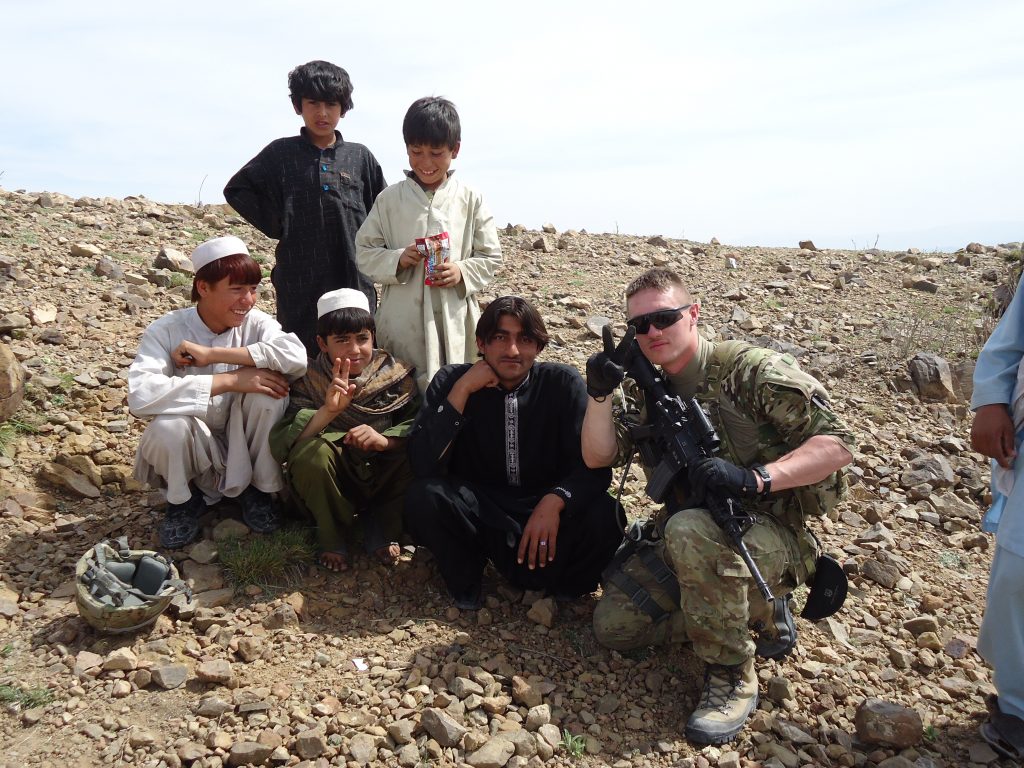
Brandon Green – Seattle Class 57
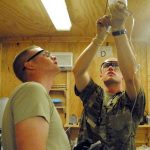
I served as a medic (68W) in the U.S. Army for a few days shy of seven years (2009-2016). I retired as a SGT (E-5).
You ask about memorable places, operations, and/or experiences from my time in service? Oh man, far too many to enumerate. When I was stateside, I was stationed in Kentucky, Georgia, Texas, and Oklahoma. Being from the mountain west, it was pretty cool to experience so much of the south. I learned a lot about the people and fell in love with the food. I also had the pleasure of accepting two all-expenses-paid trips to Afghanistan. My first deployment was to a place called Forward Operating Base (FOB) Salerno, where I divided my time between being a line medic out on mission and working traumas at our hospital. As one of the largest NATO hospitals in Afghanistan, we received many of the casualties from the region, whether they were NATO, Afghan army/police, civilian, or enemy combatant. We were fortunate enough to have a surgical team deployed with us, and I was afforded many opportunities to care for patients both in the trauma bay and in the OR. We also had a semi-weekly local national clinic where we were able to work one-on-one with sick and injured locals from surrounding villages. I spent my second deployment as the non-commissioned officer in charge of the farthest forward aid station in Kandahar, where we managed trauma casualties, provided routine sick call, and trained NATO and Afghan forces in the tenants of tactical combat casualty care (TCCC).
One of my fondest memories was working with a little boy named Naralla. I’m not sure of the spelling of his name, but we all just called him Turbo. He had received some significant injuries to his legs and was confined (for a time) to a wheelchair. He would come in twice a week and we would clean and debride his wounds, evaluate his muscle tone and range of motion, and make sure he was doing his exercises. You might think that this would bring a little boy down, but he was always smiling and laughing. And boy, could he make that wheelchair zoom (hence the nickname). Finally, the day came for him to leave his wheelchair behind. I’ll never forget the look of nervous excitement on Turbo’s face as he lifted himself to his feet, and (with the assistance of a pair of elbow crutches) took his first wobbly steps. We were all trying to think of a new nickname for him while he figured out how to use his new crutches, but within minutes he was zooming around on them and the name stuck. When he finally recovered, we all gathered together to say our farewells and watched him walk out of our lives on two strong, healthy legs. While not all of my cases ended on such a positive note, I like to think Turbo really represented what we were there for.
I’ve worked alongside several amazing PAs both in the Army and civilian sectors. I have always appreciated the mindset of the PA, especially when it comes to their flexibility and patient relationships.
The Army has really informed my desire to be a PA in two seemingly antithetical ways. As a deployed medic, I spent a lot of time and effort stopping people from dying. I never really saved anyone (that was the surgeon’s job somewhere down the line); rather, I tricked their body into chugging along a little longer. Eventually, I realized that just stopping people from dying wasn’t enough; I wanted to help people live. I want to build relationships with patients and help them realize their goals around building a healthful, rewarding life. On the other hand, no matter how hard we tried to keep people going, we didn’t always win. We saw a lot of sudden, often senseless, death. Enough death, in fact, that it kind of took away the specter of fear looming over the idea of “the end.” There comes a point that you realize that death happens to everyone. It’s not something to fear, just something that is. Years later, I spent some time working with a palliative care service. Because of my experience, it wasn’t frightening. Rather, there was something beautiful in the idea of a dignified, foreseen death (as opposed to a bloody, violent, sudden one). I realized that I could partner with patients and their families not only to build a healthful, rewarding life, but also facilitate a comfortable, peaceful, and less frightening end of life. So here I am, learning (hopefully) how to do just that.
I want more moments like Turbo. I want to empower and support people on their respective paths to wellness and to see their joy as they accomplish their goals.
Amanda Lugo – Tacoma Class 11
I served for four years as an E5 Sergeant Combat Medic in the U.S. Army. The Army is where I learned about physician assistants and how they utilize their vast medical skills and knowledge in as many ways as they can. When I lost my husband to a car accident while serving in the Army, I lost all motivation as a lifelong learner. But our unit PA, CPT Olivas, helped me learn about the profession and to realize my full potential in healthcare. One thing that was impressive about him was his drive for lifelong learning. He always had plans for his next educational goal. I’ll forever be grateful for his mentorship after losing my husband and guiding me to my future career.
Jean Arroyo-Quinones – Seattle Class 57
I served for four years in the U.S. Navy. My rank was E-4. The most memorable places from my time in service were Sicily, Djibouti, and Scotland. The underserved veteran population is my source of inspiration to become a PA. I look forward in working for the U.S. Department of Veterans Affairs as a PA. I was awarded the VA Health Professional Scholarship, and I must work three years at the VA, which will allow me to narrow the gap of care for the veteran population.
Matthew Hemm – Seattle Class 57
I served from July 2009-August 2013 as an E4/Corporal in the U.S. Marine Corps in OEF (Operation Enduring Freedom) with HMLA 169 and 15th MEU aboard the USS Peleliu with HMM-364. After transitioning out of the military, I was unsure what exactly I wanted to do. I had an interest in medicine, so I became an EMT. I really enjoyed it, so I decided to become a paramedic. I loved being a paramedic, but felt like I was still missing something and wanted to do more. I stumbled across the PA profession and it seemed like exactly what I was looking for.
I loved being a paramedic, but I rarely had an opportunity to experience or learn patient outcomes, whether that was positive or negative. I really look forward to playing a bigger and more long term role in patient care as a PA. I believe too many people go through life expecting a specific path to their career goal, then become discouraged when things do not go exactly as planned. I grew up expecting to make a career in the military, yet am now on a drastically different path. I have learned to be flexible and go with the flow, and that flow has brought me to PA school, and I could not be happier.
Trevor Deere – Kona Class 4
I served in the U.S. Navy as a Corpsman. My rank was HM2/E5. I served eight years on active duty, followed by two years in the reserves, for a total of ten years. During my service, I spent nine years with Marine Corps commands. Some of the most memorable moments from my time in service were alongside my fellow Marines. Being a part of the Marine Corps was both the toughest and most rewarding period of my life. When you’re assigned to a Marine unit, you’re not just a Corpsman; you become an integral part of the team. The mantra was clear: “You are a rifleman first, and a Corpsman second.”
My inspiration to become a PA came from Lieutenant Michael Shrader, a former Corpsman turned Navy Physician Assistant. He mentored me during my time with my first Marine Corps unit and played a pivotal role in shaping my career aspirations. My passion for trauma medicine blossomed during my military service, where I witnessed it frequently. The experience of helping individuals at their most vulnerable and knowing I was just one part of their journey to recovery was incredibly fulfilling. I’m drawn to the fast-paced environment of emergency/trauma medicine and value the importance of teamwork in that setting.
Above all, I look forward to being a trusted healthcare provider for my patients. In a world where patient trust in the medical field is declining, I aim to be part of the solution by providing compassionate and reliable care. My journey has been a long and challenging one, but I want to emphasize to anyone considering this path that it is unquestionably worth it. The rewards of this career are immeasurable, and the impact you can make on people’s lives is deeply gratifying.
